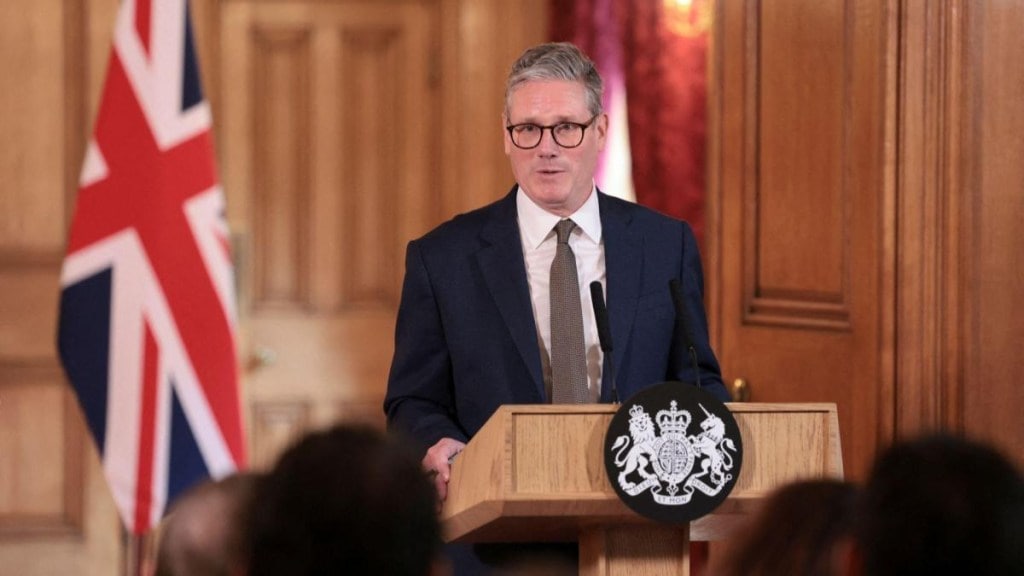UK Prime Minister Keir Starmer has announced one of the most ambitious defence commitments in UK‘s history, declaring that the nation will allocate 5% of its GDP to defense and national security by 2035. The announcement, made just days before the NATO summit in The Hague, marks a shift in Britain’s strategic posture and sets a new benchmark for allied military spending in an era of intensifying global conflict.
The move positions the UK at the forefront of NATO’s evolving defence strategy, as member states respond to growing threats from Russia’s ongoing war in Ukraine, heightened tensions in the Middle East, and rising challenges in the Indo-Pacific. Starmer described the commitment as essential for “securing the future,” while NATO Secretary General Mark Rutte hailed it as a “quantum leap” in alliance-wide readiness.
Under the plan, UK will gradually scale up its current defense spending, from around 2.3% of GDP today, to a combined 5% over the next decade. Of that, 3.5% will be earmarked for traditional defense expenditures, including armed forces modernisation, equipment procurement, and military operations. The remaining 1.5% will be directed toward emerging security domains, such as cyber defen e, infrastructure resilience, and supply chain security. This interpretation of security spending reflects how the nature of warfare has evolved beyond the battlefield, encompassing digital threats, economic vulnerabilities, and internal protection.
Despite the historic scope of the pledge, its long timeline has raised questions about political continuity and fiscal feasibility. The 3.5% core defense target will not be fully reached until 2035, beyond the current parliamentary term and at least two general elections away.
Without a detailed roadmap, critics argue the plan remains aspirational, with concerns that such a significant shift in funding priorities could come at the expense of other public services, including the NHS and education.
The government aims to increase defense and security spending to 4.1% by 2027, factoring in the broader definition of national security. A formal review is set for 2029, allowing for adjustments depending on the geopolitical landscape and domestic pressures.
All 32 NATO member states have now endorsed the 5% spending goal, a figure not seen since the Cold War. While initial resistance came from nations like Spain, intense negotiations led by Mark Rutte ultimately secured consensus. The new target responds directly to growing pressure from allies, especially the United States, to boost defense spending and share the burden of transatlantic security more evenly.

